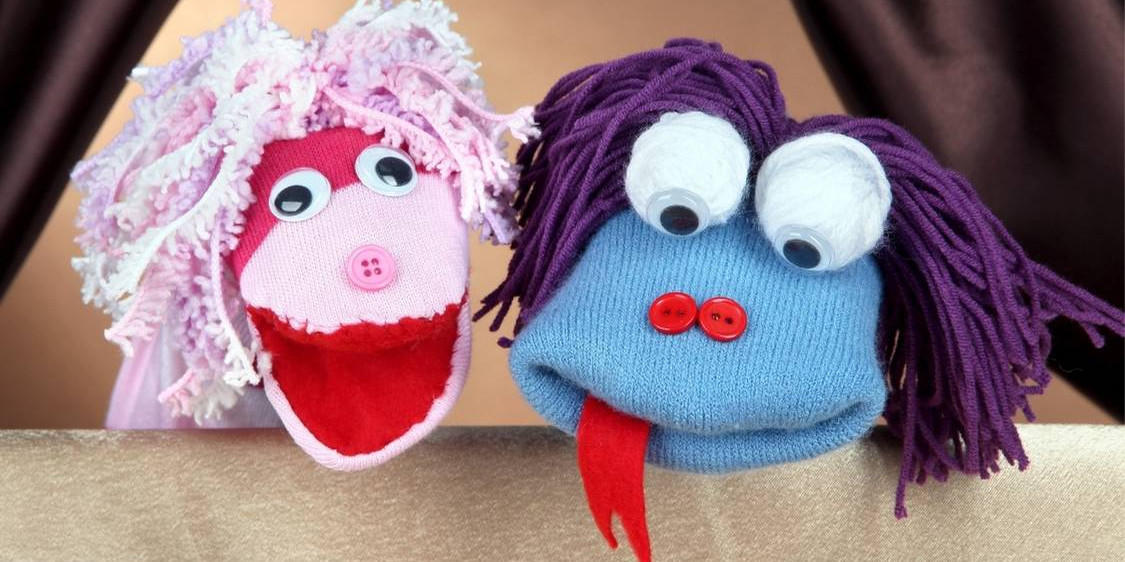Character-building doesn’t have to be confined to structured activities, formal lessons, or carefully curated programs. Some of the most meaningful personal development happens in everyday moments — especially through casual play. When imagination takes the lead, creativity expands, confidence grows, and essential social skills naturally take shape.
Casual play is far more than simple entertainment. It’s a low-pressure, high-impact way to help children (and even adults) understand themselves, experiment with new roles, and explore the world around them.
1. Casual Play Encourages Authentic Self-Expression
When there are no rules, no scripts, and no expectations, players are free to explore their personalities without judgment. This freedom allows them to:
- Express emotions more openly
- Develop original ideas
- Experiment with different roles and viewpoints
Character naturally evolves when creativity isn’t constrained.
2. It Builds Problem-Solving and Adaptability
Casual play often leads to unpredictable scenarios. Navigating them teaches players to:
- Think on their feet
- Adjust strategies quickly
- Find creative solutions to simple conflicts
These micro-decisions build resilience and mental flexibility over time — pillars of strong character.
3. It Strengthens Social Awareness and Cooperation
Even unstructured play encourages meaningful interaction. Whether it’s negotiating a rule, sharing a prop, or improvising a storyline, players learn essential interpersonal skills such as:
- Empathy
- Teamwork
- Communication
- Conflict resolution
These habits shape balanced, socially aware individuals.
4. Low-Pressure Environments Build Confidence
Casual play removes the fear of failure. Without competition or strict objectives, players can take risks and try new ideas freely. This builds:
- Self-assurance
- Creative bravery
- Willingness to explore the unknown
Character grows strongest in environments where experimentation feels safe.

5. Role-Playing Expands Emotional Intelligence
Playing different characters helps players understand emotions from multiple angles. This expands emotional insight by:
- Helping them identify feelings
- Understanding how actions influence others
- Recognizing emotional cues and responses
Emotional intelligence is a cornerstone of strong character, and play lays the foundation early.
6. It Encourages Independent Thinking
Casual play lets individuals follow their own curiosity and make their own decisions. This nurtures:
- Initiative
- Responsibility
- Self-guided learning
Building character means learning to own your choices — something casual play teaches naturally.
7. Imagination Becomes a Tool for Personal Growth
Playful creativity encourages players to imagine better versions of themselves. This fuels:
- Personal goals
- Aspirations
- Positive self-image
The characters imagined in play often shape the people we become in reality.
Conclusion
Casual play may look simple, but its impact is profound. It quietly builds the foundational elements of strong character — confidence, social skills, emotional intelligence, creativity, and resilience. When individuals are free to explore, pretend, and create without limits, they develop traits that last a lifetime.
If you want to support healthy character development, start with something easy: let people play.



